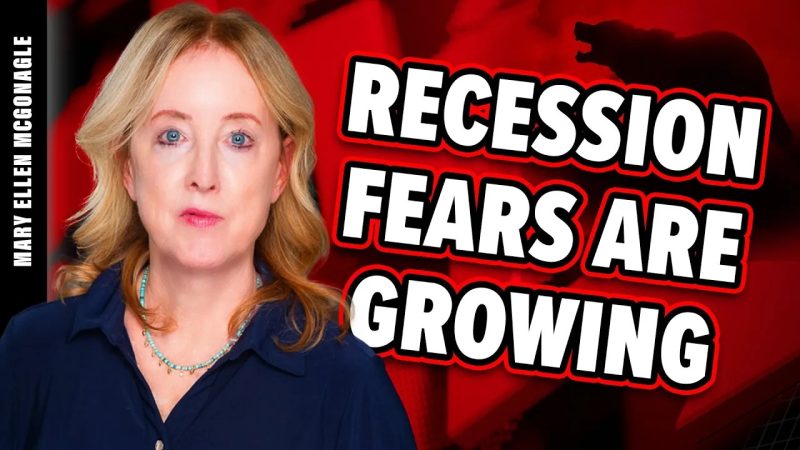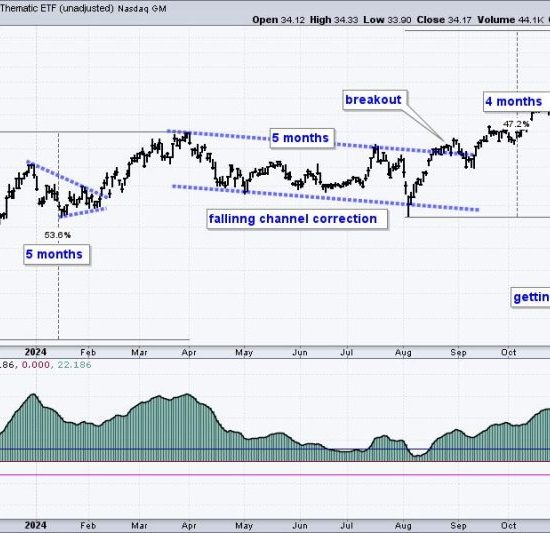Body:
The global economy is currently sailing through rough seas, heralded by the increasing currents of recession fears. This comes in the wake of escalating trade wars, wavering investor confidence, and uncertain geopolitical conditions, triggering a steep fall in the market indices across international bourses.
Markets have faced significant turmoil, with major indices seeing their worst performances since the financial crisis of 2008. Amid this spiraling downward trajectory, key stock exchanges from New York to Tokyo have dealt with periodic sell-offs, wiping billions off of corporations’ market value.
Notably, Wall Street, an unerring barometer of global financial health, has been navigating the storm with notable anxiety. The beleaguered Dow Jones and Nasdaq have been experiencing falling graphs due to these recession fears. These concerns have been fuelled by an inverted yield curve, a well-documented prelude to economic recessions. It occurs when short-term Treasury bonds yield higher returns than longer-term bonds, creating an environment of uncertainty and mirroring investors’ lack of confidence in the country’s long-term economic stability.
Simultaneously, markets in Europe and Asia have also encountered severe setbacks. The FTSE 100, CAC 40 and DAX in Europe and Japan’s Nikkei have not been spared from the downturn. LSE’s FTSE 100 saw a severe drop with major companies like HSBC and GlaxoSmithKline grappling with declining market caps. These economic powerhouses bear the dual brunt of localized issues and the overarching apprehensions regarding worldwide economic performance.
The developing markets are no exceptions. Emerging economies, already struggling with their complex assorted issues involving bleak economic growth prospects, have had their currency valuations plummet against the dollar. Countries like Brazil, India, and South Africa are witnessing massive outflows of foreign investments, constricting their ability to bolster their economic infrastructures.
The energy markets have also been significantly affected by the looming gloom of a recession. An oversupply paired with waning demand has forced oil prices down. Not only has this impacted oil-exporting countries but it’s also influencing the fracking industry in the US, grappling with low prices and high debt levels.
Added to this mix is the declining confidence in the technology sector, once seen as the beacon of growth and innovation. Renowned ‘unicorn’ companies, like Uber and Lyft, which recently went public are witnessing their values tumble. This indicates that tech, which was previously considered a safe haven in troubled times, is not immune to broader economic pressures.
The rippling effects of the economic downturn are far-spreading. Central banks across the world, led by the Federal Reserve, are implementing methods to stimulate the economy, often resorting to slashing interest rates to unknown lows. Despite these measures, they face the risk of a liquidity trap, where monetary policies do not have substantial effects on the economy.
As the markets navigate through these murky waters, it becomes vital to stay informed and ride out this cycle judiciously. Although the markets appear to be stumbling now, history tells us that the economy is cyclical, and these declines will eventually give way to a more stable and prosperous environment.
This situation invokes a sense of Déjà vu, reminding us of the bleak days of 2008. But it is important to remember that while the markets operate on cycles of growth and contraction, another upward trajectory is always on the horizon.




